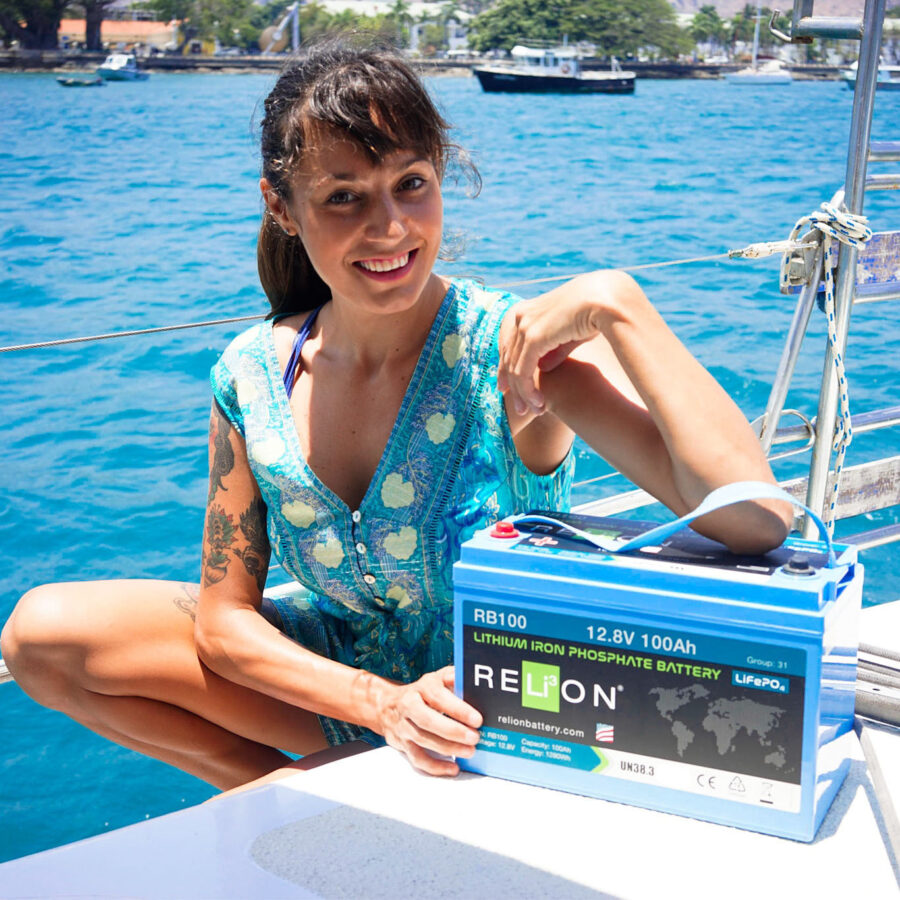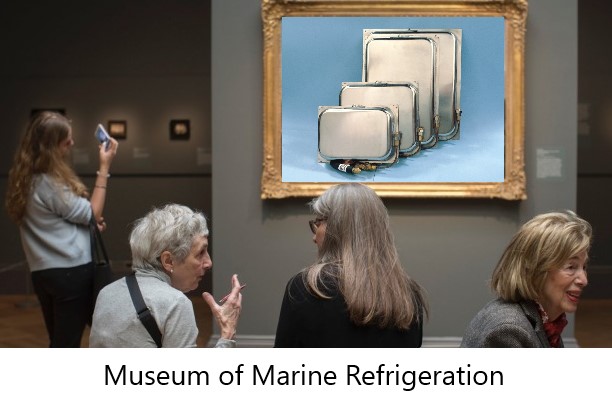Phone: (301) 352-5738
Email: info@CoastalClimateControl.com
Office | Warehouse:
1598 Whitehall Road, Suite D
Annapolis, Maryland 21409
SunPower® back-contact solar cells are currently the highest efficiency cells available for use in e
While the claim may be that this type of panel has superior shade resistance, the results can be ver
An essential component in the installation of solar panels on your vessel is a solar charge controller or regulator. This will regulate the voltage and current coming from your solar panels going to your battery. Most solar panels are 16-25 volts, so if there is no voltage regulation the batteries will be damaged from overcharging. Bear in mind that a fully charged 12v battery is around 12.7 volts at rest, but needs around 14.2 to 14.8 volts under charge. A solar panel has to put out at least that much voltage to be of any benefit, but if the panel voltage is not controlled and reduced it will cause serious battery damage.
Another point to keep in mind: solar panels provide power best when cool, under a clear sky, and in full sun; in other words in perfect conditions. But one can't count on that type of weather day after day, so solar panels have to be built to provide that extra voltage for when the sun is low in the sky, there is cloud cover, high temperatures, or heavy haze to ensure your solar output is not compromised. The truth is a 100 watt panel rated at per industry Standard Test Condition (STC) of 77oF and 1Kw/sq m irradiance will put out less watts when its surface temperature is 100oF degrees and when only 800 w/sq m irradiance is available, i.e. when it is in non-standard conditions.
So this is where the right solar charge controller can help. There are basically two types – PWM (Pulse Width Modulation) and MPPT (Maximum Power Point Tracking).
The US Federal Government continues to offer a solar energy tax credit, applicable to your primary and second homes, i.e. your boat or RV! As long as there is a head and galley onboard and it is docked in the United States, your vessel or vehicle qualifies.
This federal tax credit, in place since 2005 (known as the Investment Tax Credit, ITC) has been extended yet again to its current expiration through 2034 for non-commercial installations. Best grab it while you still can!






